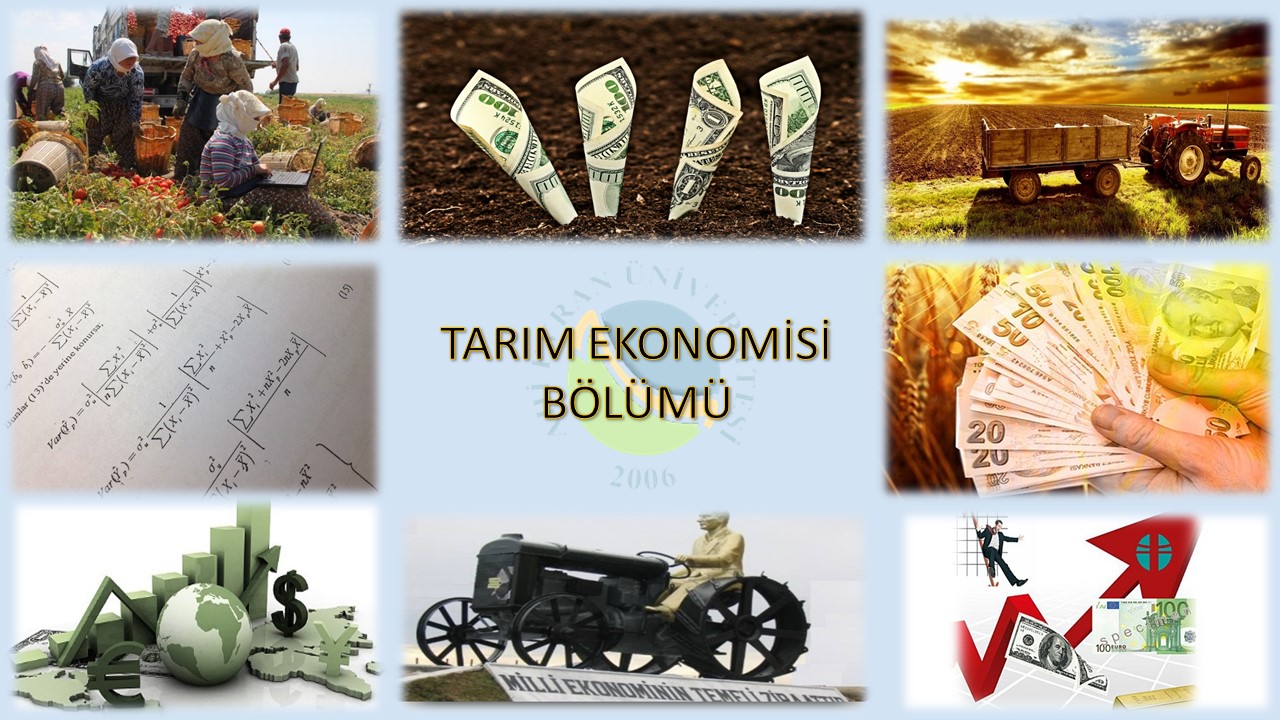About

Ø Department of Agricultural Policy and Extension
Ø Department of Agricultural Management
Within the framework of these two departments, Agricultural Economists deal with the following issues both at the national and international level.
Ø Conducting studies to increase efficiency and productivity in businesses
Ø Ensuring business optimizations
Ø Performing agricultural valuation studies
Ø Quantitative presentation of sectoral findings through economic and econometric models
Ø Ensuring the integration of agricultural economics researches with technological developments
Ø Creating projections through agricultural statistics and data processing
Ø Development of agricultural policies at national and international level
Ø Development of production systems in the perspective of ecological economy
Ø Agricultural marketing researches,
Ø Research and pioneering in farmer organization,
Ø Developing strategies against risks and uncertainties,
Ø Conducting costs and profit maximization studies in agricultural enterprises
Ø Conducting supply- and demand-side research on agricultural products
Ø Contributing to competitive country conditions within the framework of rural development goals
Ø Making suggestions to public executives by conducting agricultural extension researches
Graduation Requirements
In order for students to graduate from the Agricultural Economics undergraduate program, they must successfully complete 240 ECTS credits in the curriculum and have a grade point average of 2.0 or above.
Employment Opportunities
Graduates of the Agricultural Economics Program are employed in both the public and private sectors. Universities, Ministry of Food, Agriculture and Livestock, Ministry of Environment and Urbanization, Ministry of Forestry and Water Affairs, Ministry of Development, National Productivity Center, Export Development and Study Center, Undersecretariat of Treasury, public and private sector banks, agriculture-based industrial enterprises, agricultural cooperatives, Control and certification institutions, valuation companies and non-governmental organizations in agriculture and agriculture-based sector can be listed as some of these organizations. Graduates can take part in and lead promising national and international rural development projects.
